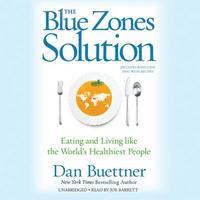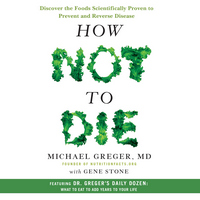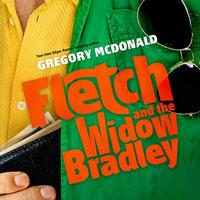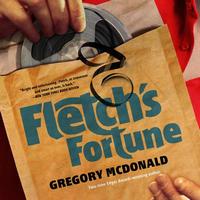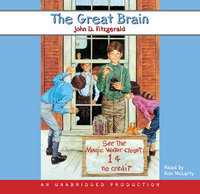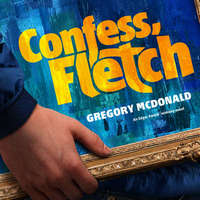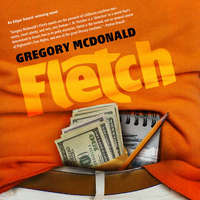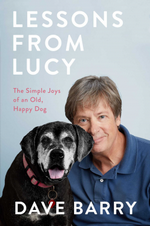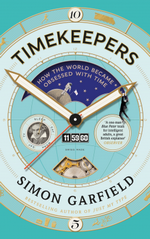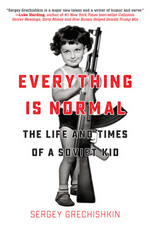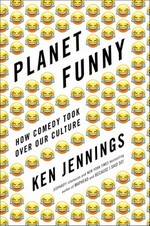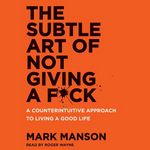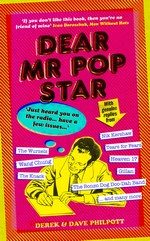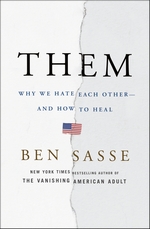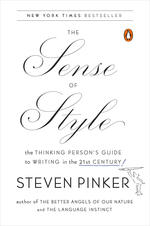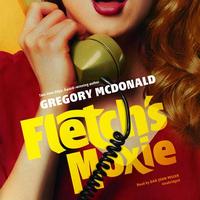 Fletch’s Moxie
Fletch’s Moxie
by Gregory McDonald, Dan John Miller (Narrator)
Series: Fletch, #5 (#8 Chronologically)
Unabridged Audiobook, 5 hrs., 51 min.
Blackstone Audio, 2018
Read: April 24 – 29, 2019

So in the last book, we met Moxie Mooney while Fletch was still a working journalist. They’d known each other for some time at this point, and it might have been just about the last time they saw each other until now, sometime following Fletch’s Fortune (when his tax problems were taken care of and he could return to the States), although she had visited him in Italy shortly before this.
Moxie’s decided she needs Fletch’s help with something, she’s got some sort of problem that needs investigating, and who better? When Fletch arrives on the movie set for her current project in Florida, he’s just in time to help her with a brand-new problem. She’s appearing on a (pre-taped, thankfully) TV interview with her business manager—the only people on the set (or near enough the set) are Moxie, her manager, and the interviewer. So when the manager is killed with a knife to the back, there aren’t a whole lot of suspects.
Fletch jumps to action and gathers a lot of information (as only he can) before the police really even know what’s going on, including an in-depth interview (that doesn’t look like one) with the widow. He then whisks Moxie away to the home of a business associate in Key West, to keep her out of the spotlight while he can do some digging into both of her problems.
Great plan, that doesn’t account for two things: 1. Moxie’s father, the illustrious stage and film actor, Frederick Mooney—known more now for a constant state of drunkenness is visiting her, too, and has to come along; 2. Moxie tells the director and most of the cast where she’s staying and they arrive, too. Having a cast of movie stars past and present staying in one house tends to attract a bit of attention—especially when they’re associated with an unsolved murder.
One thing Fletch has done recently is buying enough stock in GCN (Global Cable News—a CNN-like entity) that executives take his phone call and pay attention to his news tips. This turns out to be pretty advantageous and helps with some of his research—this will prove fruitful for future books, too.
Fletch investigates the murder in the way he does best—by talking to people and interviewing them without their realizing it and making phone calls. I just love watching him work. It’s an intricate problem and Fletch’s solution is quite clever.
This particular book gives McDonald a chance to do two things—better explore Moxie’s character (who might be a richer character than Fletch, but not one you could base a series on) and lampoon Hollywood and its approach to the art/business of movie-making. Almost everything he talks about in this 1982 book is still prevalent — and maybe moreso.
I have nothing new to say about Dan John Miller—he’s a really good narrator and perfect for the series. I assume at this point, I’ll hear his voice in my head for at least part of the time I think about this character in the future.
This isn’t my favorite Fletch book, but it’s one of the best and a great showcase for both the character and McDonald. Amusing, insightful, smart and fun—hard to ask for more.
—–
![]()




